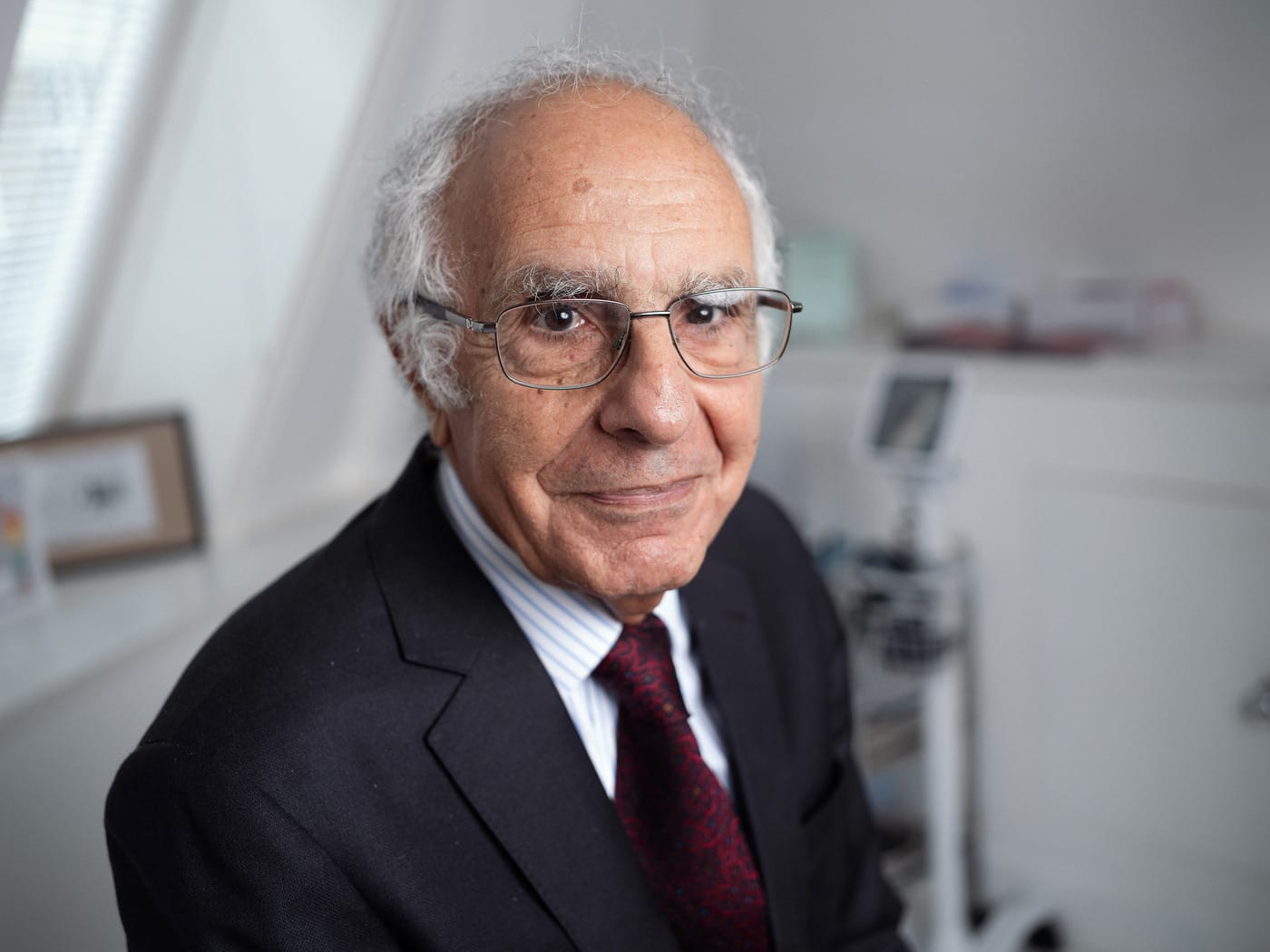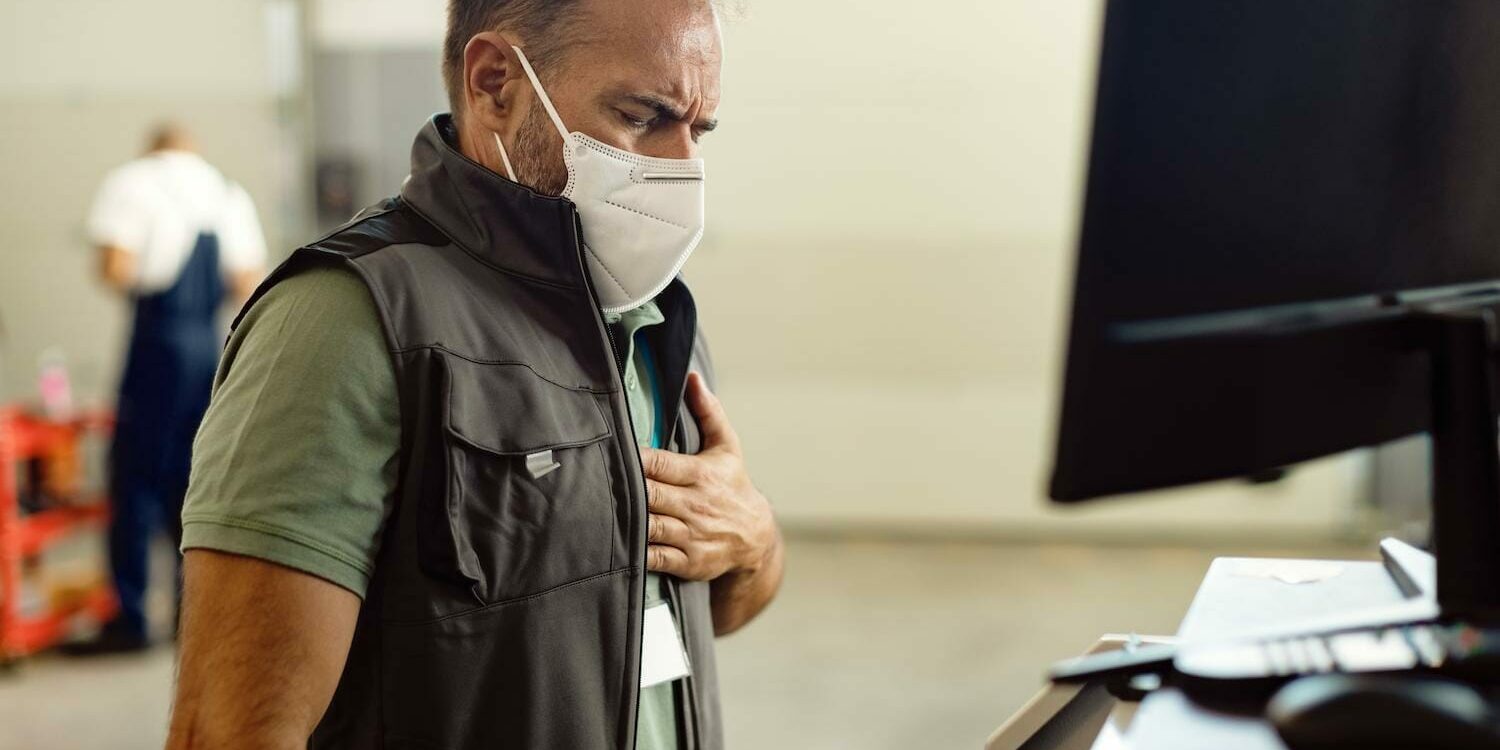London Medical Cardiology
CT coronary angiography
London Medical’s Cardiology Clinic provides the most up-to-date investigative cardiac procedures for patients with heart problems – and some of the UK’s most renowned cardiologists hold clinics here for all aspects of heart disease.
CT coronary angiography
A computerised tomography (CT) coronary angiography is a test that provides images of the arteries that supply blood to your heart. This non-invasive heart evaluation uses an X-ray machine to produce images that can diagnose heart conditions like coronary artery disease.
Detecting coronary artery disease earlier on is vital to ensuring you receive the right treatment as soon as possible and preventing the onset of other heart-related conditions, such as heart attacks and strokes. Put simply, having a CT coronary angiography could save your life.
What is coronary artery disease?
Coronary artery disease occurs when too much plaque and fatty deposits build up inside your arteries, causing them to narrow and become blocked. These blockages then prevent enough oxygen-rich blood from being circulated to your heart, increasing your risk of a heart attack.
Some of the main causes of coronary artery disease include:
There are also several other risk factors that could increase your likelihood of developing coronary artery disease. These include:
- Drinking excessive alcohol
- Smoking
- Being overweight
- Leading an inactive lifestyle
- Eating a poor diet
- Having relatives who suffered a heart attack at a young age.
Why choose a CT coronary angiography?
Having a CT coronary angiography will provide your healthcare professional with an accurate, highly detailed picture of your heart’s blood vessels. Using these images, they will then be able to understand better the status of your heart and overall health.
A CT coronary angiography is a less invasive procedure than a traditional selective coronary angiogram.
Traditional angiograms involve using a thin catheter inserted through either your wrist or groin. The same catheter is then advanced through your arteries to the point where the dye needs to be released (coronary ostium). This procedure is normally well tolerated but can be more uncomfortable and carry a greater risk of complications than using a state-of-the-art CT coronary scanner.
Understanding the CT angiography procedure
Before you have your CT coronary angiography, you may be advised to temporarily take beta-blockers. These drugs will slightly slow your heart rate to improve imaging accuracy. You may also be given medication to help widen your arteries and make them easier to see.
At the beginning of the procedure, an intravenous (IV) line will be inserted into your hand or arm to allow the contrast dye to be injected into your body. This dye is made from iodine, which prevents X-rays from being able to pass through it. As a result, your arteries will show up clearly during the imaging process.
Once the contrast dye has circulated around your body, it will eventually be eliminated through your urines.
Electrodes will be placed on your chest to monitor your heart rate throughout the procedure. You’ll then be led onto a long table that moves slowly into the CT machine, ready for the imaging to begin. You’ll need to make sure you lie as still as possible while the machine is scanning, and you might be advised to hold your breath at certain intervals.
The scanning should only take a couple of minutes and is completely painless. You may feel a hot flush when the dye is injected. You will likely hear the machine clicking and buzzing as it scans you.
After the scan is complete, you should be able to go home straight away and continue with your normal day-to-day activities.
Preparing for a CT coronary angiogram
If you book a CT coronary angiography with London Medical, we will provide you with all the information you need to know to prepare for your appointment.
Some of the things we might ask you to do include:
- Avoid eating anything for four hours before your appointment
- Do not drink anything caffeinated in the 12 hours leading up to your appointment
- Stop certain medications that might interfere with the procedure
If you are, or think you might be, pregnant, make sure to let us know beforehand, as a CT coronary angiography might not be suitable for you.
You will need to change into a patient gown when you arrive.
Although you shouldn’t eat anything four hours before, you can drink clear liquids — just make sure they aren’t caffeinated.
Do not stop taking your usual medications unless advised otherwise by your doctor.
Benefits and risks
Like all medical procedures, a CT coronary angiography does carry some risks. However, the benefits of receiving such accurate imaging of your arteries greatly outweigh the risks involved.
The main benefits of having a CT coronary angiography include:
- It’s a non-invasive procedure
- The only pain you will experience is a slight pinch when the IV line is inserted
- You can go home afterwards
- The images are extremely accurate and detailed
- No radiation will remain in your body after the scan
- Heart conditions can be accurately diagnosed and treated effectively
Although rare, complications can arise when having a CT coronary angiography. These risks can include:
- An allergic reaction to the contrast dye – this is rare and your doctor will know about any allergies you may have beforehand
- Tissue irritation or damage at the site of the IV line – if some of the dye leaks out, it can irritate your skin and surrounding blood vessels
If you have severe kidney disease, you may not be suitable for this test as the contrast dye can cause complications.
If you are breastfeeding, you must wait 24 hours before nursing to ensure no dye comes out in your milk.
Understanding the results of the CT coronary angiogram
Your CT coronary angiography results will determine whether the blood supply to your heart is normal. If not, this could suggest a blockage or narrowing of your arteries, which will be visible in the images.
Any further treatment you need as a result of the angiogram will be discussed with you, and you’ll be able to ask any questions that you might have about your results.
Get in touch with London Medical
A CT coronary angiography is a proactive way of taking care of your heart health. By taking the steps you need to know, you can reduce your risk of heart-related eventsws, such as heart attacks and strokes.
At London Medical, we strive to empower you to prioritise your health and well-being.
Get in touch with our expert team at London Medical to book your CT coronary angiogram.
Sources
- https://www.bhf.org.uk/informationsupport/tests/angiogram
- https://www.mayoclinic.org/tests-procedures/ct-coronary-angiogram/about/pac-20385117
- https://www.healthline.com/health/coronary-angiography#:~:text=Understanding%20the%20results%20of%20a,one%20or%20more%20blocked%20arteries
- https://www.nhsinform.scot/tests-and-treatments/scans-and-x-rays/angiography#how-angiography-is-performed
Our consultants
Professor Thomas F. Lüscher
Consultant in cardiology, interested in interventional cardiology, rhythmology, echocardiography, heart failure, acute cardiac care, and sports cardiology.
Professor Carlo Di Mario
Specialist in Interventional cardiology – the use of catheters and other devices to restore blood flow to the heart without major surgery.
Professor Simon Woldman
Consultant cardiologist specialising in heart failure.
Dr George Amin-Youssef
Consultant cardiologist who deals with adults only and specialises in heart failure.
Dr Fadi Jouhra
Consultant cardiologist who specialises in complex cardiac devices and heart failure.
Dr Ralph Abraham
As a founder of London Medical, Dr Ralph Abraham specialises in diabetes, weight management, endocrinology and cholesterol
Professor Kausik Ray
One of the most pre-eminent preventative cardiologists in the world.
Dr Catherine Lunken
Specialist in seeing patients with all types of diabetes using up to date technology. Dr Lunken also sees patients with inherited lipid disorders and those with statin intolerances.
Our Cardiology specialties
We offer care across a broad range of cardiology specialties. We have some of the top specialists in every aspect of cardiac care. Our entire team is dedicated to working together to consider the results of your investigations, your health and your lifestyle before tailoring a treatment plan to your individual needs.
Our Locations
London Medical is located in the Harley Street medical area. Together with top experts across a range of multi-disciplinary fields, we offer the finest facilities for your care, all under one roof.
Monday to Friday 8.30am to 8pm
Monday to Friday 8.30am to 8pm
Monday to Friday 8.30am to 8pm
Speak to a member of our team
Contact the appointments team
For private GP appointments, please book here
Make an enquiry online using this form and one of our team will be in touch. By using this form you agree with the storage and handling of your data by our team. Alternatively, you can contact us.
You don't need a referral from your GP to make an appointment with us.
Please note, we require this information as part of our registration process.
Heart Health News
Find out the latest news, thinking and insights from our experts. Our Heart Health News is your go-to source of trusted advice and knowledge on all matters of the heart.











